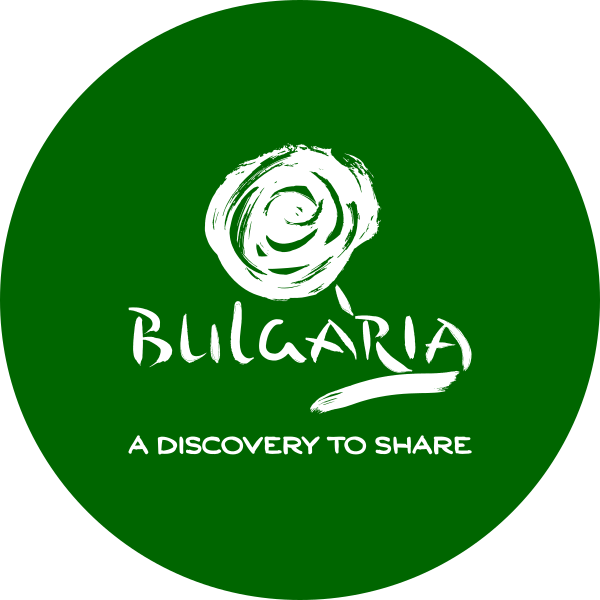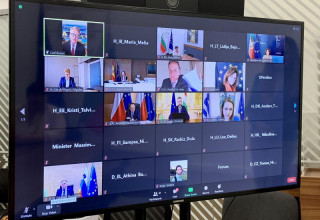At a high-level forum, EU tourism ministers discussed current issues and prospects for the development of sustainable tourism and the creation of the strategic “Agenda 2030/2050”
Minister Stella Baltova outlined the restoration of the tourism sector as a key priority, emphasizing the need to stimulate the sustainable development of the tourism ecosystem by improving skills, green growth and promoting digitalization and innovation. The importance of national recovery and sustainability plans as a fundamental tool for achieving the competitiveness and sustainability of tourism was emphasized.
Minister Baltova pointed out as key pillars of tourism the green transition, the digital transformation and the multidisciplinary framework based on knowledge and skills, ensuring the integration of tourism in other related EU policies. With regard to the sustainable challenges and emerging problems related to the liquidity of entities in the tourism sector, specific activities were called for to promote a favorable environment for the development of the tourism sector, including the support of financial resources. Another critical point for tourism, highlighted by Minister Baltova, is the restoration of mobility and connectivity, where the application of internally compatible tools such as the digital green certificate is considered an important building block.
At the High Level Forum on Sustainable Tourism, organized by the Portuguese Presidency of the Council of the European Union, EU tourism ministers discussed the challenges ahead for the tourism sector and the need for a strategic instrument at EU level to boost the sustainability of the tourism ecosystem and that will increase the competitiveness of destinations in the European Union.
The forum was attended by Mr Pedro Siza Vieira, Minister of State, Economy and Digital Transition, Mr Thierry Breton, European Commissioner for the EU Single Market, Ms Elisa Ferreira, European Commissioner for Cohesion and Reform, and Mr Virginijus Sinkevicius, European Commissioner for the Environment, Oceans and Fisheries.
Ministers agreed on the idea of creating an “EU 2030/2050 Agenda” based on shared priorities, objectives and actions to stimulate the green and digital transition of the tourism ecosystem and increase its competitiveness, sustainability and endurance, focusing on key strategic challenges such as:
- green transition of the tourism industry and destinations as an integrated and holistic system focused on sustainable and responsible tourism;
- digital transition of the tourism industry and destinations, using the value of data and all available digital tools;
- developing multidisciplinarity, knowledge base and necessary skills of the tourism industry and all other stakeholders targeting value-added services, contributing to the prosperity of local communities;
- strengthening the resilience of the tourism industry in the light of the lessons learned from COVID-19, while increasing global competitiveness;
- reflecting tourism in wider EU policies, such as transport, health, consumer protection, environment and culture.
A number of Member States called for special attention to be paid to small and medium-sized enterprises, employment, the various regional and local challenges, islands and outermost regions, the EU periphery, the economic and social role of less developed regions, tourism pressures and other areas, facing specific challenges.
A key finding of the Sustainable Tourism High Level Forum is the need for an integrated approach to tourism policy, with input and support from industry and civil society, in order to meet the opportunities and address the multilateral challenges, facing the tourism sector.







